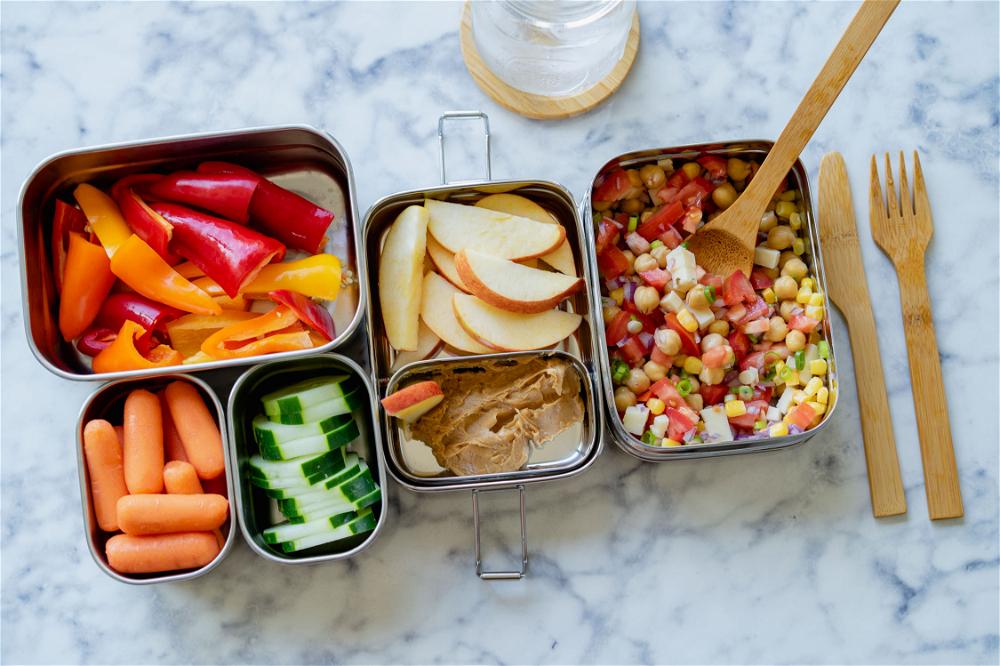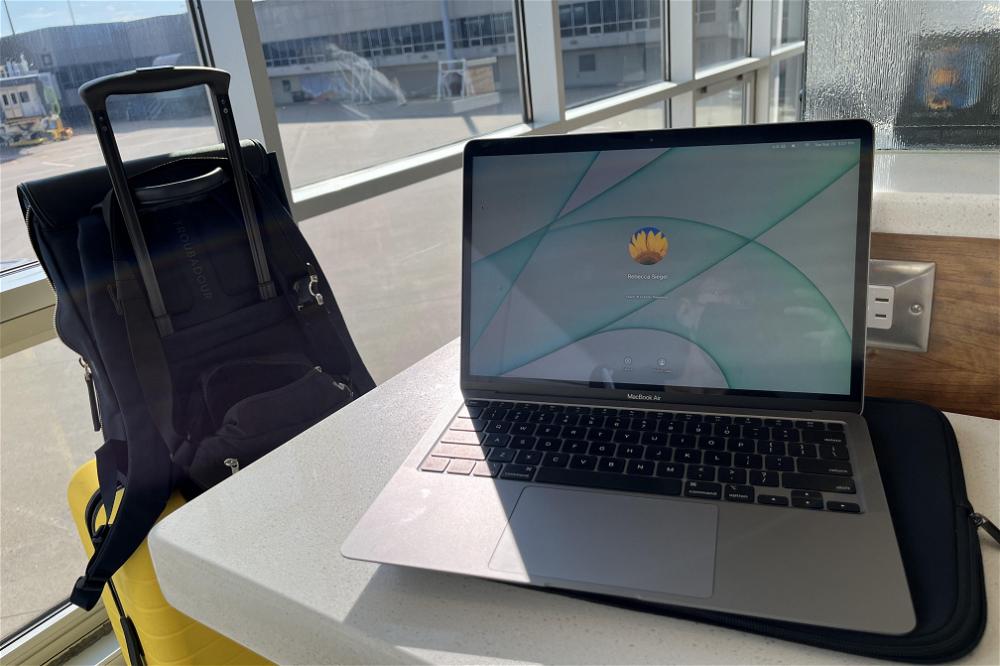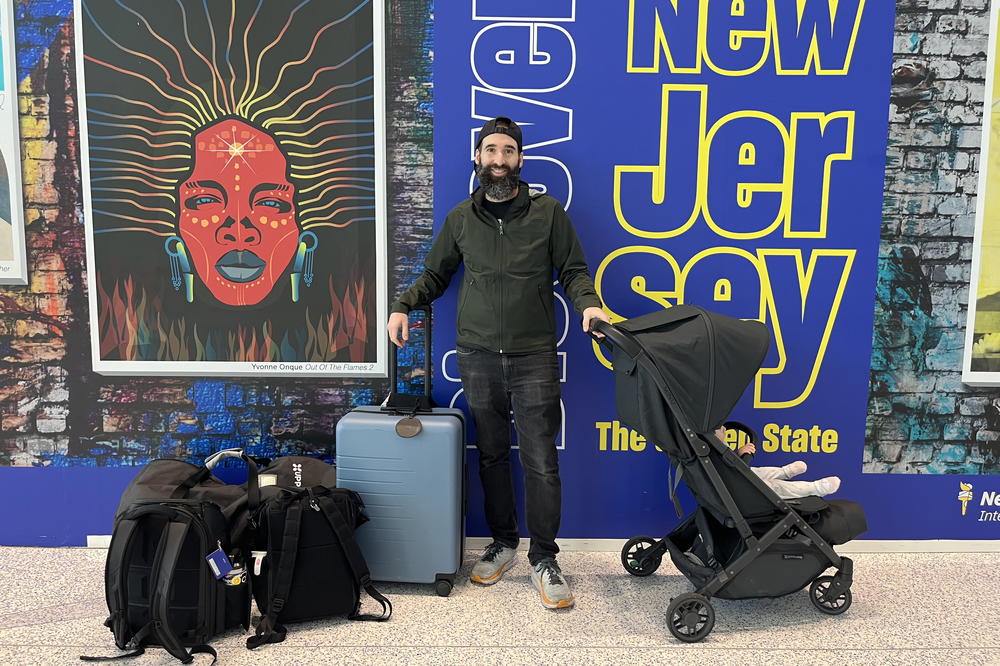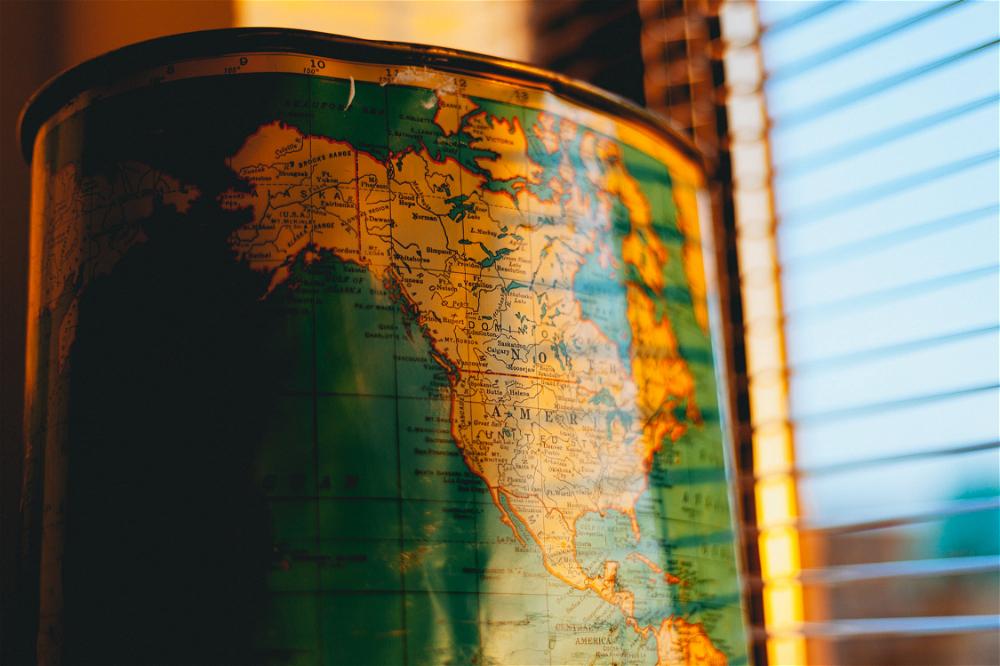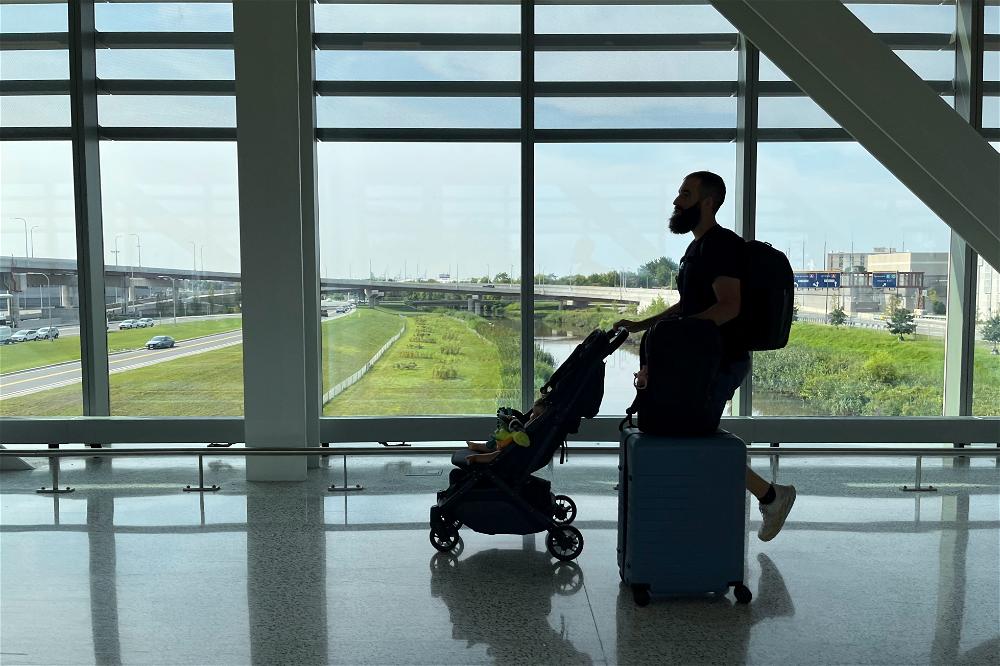15 Tricks for How to Avoid Getting Sick While Traveling
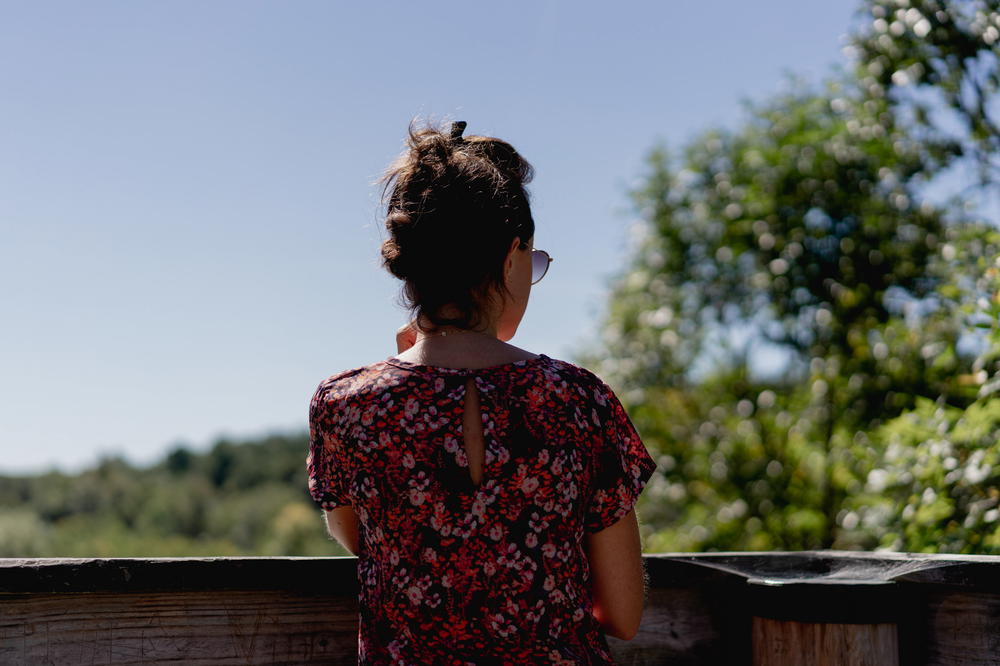
How do you not get sick while you’re on vacation or on a trip? Use these recommended tips and tricks to avoid falling ill while traveling in another country.
This article may contain affiliate links. We earn a small commission when you purchase via those links — at no extra cost to you. It's only us (Becca & Dan) working on this website, so we value your support! Read our privacy policy and learn more about us.
Avoid Getting Sick While Traveling
- Wash your hands (or sanitize)
- Filter your own water
- Beware of eating fish past noon
- “Cook it, peel it or forget it”
- Stay hydrated
- Research the tap water situation
- Take probiotics
- Bring Echinacea and Airborne
- Get the correct vaccinations
- Bring along a first aid kit
- Get enough sleep
- Drink the wine and coffee!
- Come with refills of your required medicines
- Try local treatments
- Know where to find a doctor
Getting sick is bound to happen while traveling. I’ve had my fair share of getting sick, despite trying my hardest to stay clear of stomach viruses, food poisoning and unexpected complications.
I’ve seen doctors in Mexico, Costa Rica and China. I’ve had food poisoning in Laos, Mexico City, Thailand and Shanghai. I’ve been hospitalized (twice!) in China, and I’ve learned all types of medical Spanish while conversing with a pharmacist and doctor in Central America about how to treat an allergic reaction.
It’s impossible to predict anything, and getting sick unfortunately might be part of a travel experience. Nevertheless, I’ve learned that there might be a few things you can do to prevent illness and health scares.
Here are a few tips that help me to avoid sickness and emergencies. I hope they work for you.
Wash your hands (or sanitize)
Traveling in Asia and Latin America has brought me to some of the most unspeakable bathrooms in public places, train stations and local markets. There is often no sink (which blows my mind), or if there is a sink, there may be no soap.
This brings me to a little tip: bring your own travel-sized hand sanitizer! Sanitizer can be used after bathroom trips, after touching animals in rural areas, after touching shared spaces on metro trains and more.
I’ll never forget, that when I lived in China, a friend’s friend was in the Peace Corps in Cambodia, and she told me that his job was simple, yet hugely impactful: he was teaching locals the importance of stopping the spread of disease through washing their hands. It has stuck with me all these years, to show the importance of keeping your hands clean.
Filter your own water
Lifestraw is often considered as being one of the best investments a traveler can make. Many travelers use it while camping and hiking, or when bottled water is not available. Having safe drinking water is one of the best starts toward avoiding illness while on a trip.
Here’s my big tip: If staying in homestays in developing countries (like during our Sapa hill tribe trek), be wary that a family with a “water cooler” may claim that they are keeping it with only spring water refills, but may be adding tap water to cut costs.
It’s really difficult to determine if this is the case. Try to be polite when saying you will drink your own water supply, or you’ve brought your own, as to not offend their hospitality.
Beware of eating fish past noon
It helps to talk to locals and see what they do about eating fish and seafood in new places. I got sick from sushi-grade fish in Shanghai, and wound up in the hospital that night. Even nice restaurants can be sources of food-borne illness: in Cartagena, Colombia, my friend went out to one of the fanciest restaurants and still got sick from some ill-prepared seafood.
We’ve learned to avoid the dangers of consuming fish and seafood in some scenarios: in Colombia, we were advised to never eat fish past the afternoon, as it’s less fresh and the chances of getting sick are higher. This could be applied to many warm and tropical places we travel to!
The info above would have NEVER crossed my mind before learning about this smart trick, and it’s such a brilliant tactic for avoiding bacteria or infections from bad or spoiled fish.
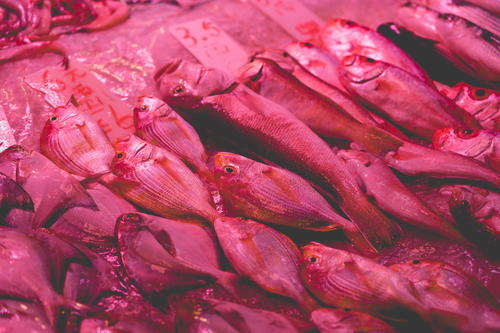
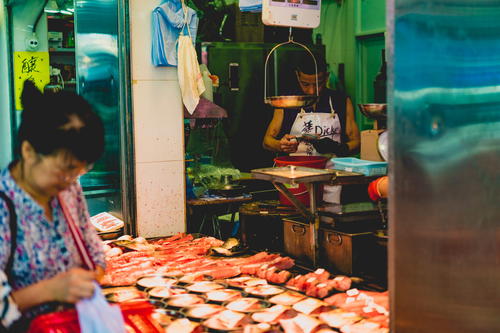
“Cook it, peel it or forget it”
This tip is about fruit and vegetables!
I’ve traveled around the world, and one of my first memories of being on my own was in Shanghai, China, where I started out eating only fruits with “peels” like bananas and clementines, because the tap water in China is not suitable for drinking.
As I lived in China for two years, I deviated from this cautious plan within a few months and was eventually eating Asian pears and apples either not washed at all, or rinsed under tap water. I fared fine, but in Thailand, I got food poisoning for a day from a raw vegetable salad. Lesson learned!
In Mexico City, we were strongly advised against washing our fruit and vegetables with the tap water, but it turned out to be fine for both of us. We mostly consumed our vegetables cooked, but we would wash carrots and tomatoes with the tap water and ate them raw. For fruits, we still tried our best to buy as many fruits that had skin or peels.
“Cook it, peel it or forget it” is for when you want to play things safe. If you won’t be cooking a vegetable, and there’s no safe water supply to rinse it with, chances are that the best idea is to put it aside and choose something else in order to avoid stomach issues.
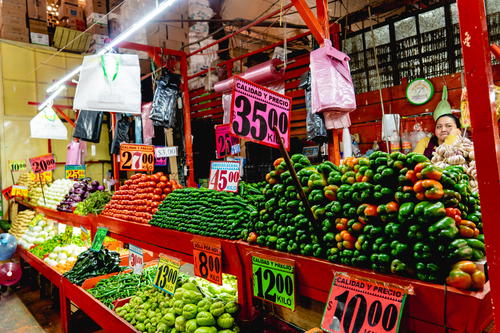
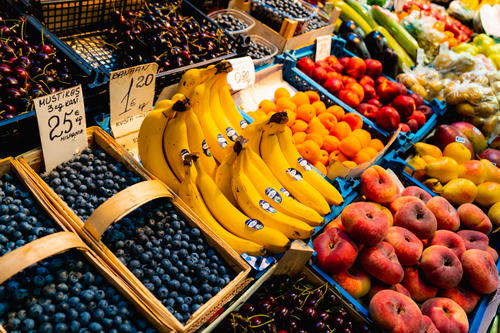
Stay hydrated
Drink up! Staying hydrated is one of the best ways to avoid getting sick on vacation. This becomes harder if you are in hot climates where you’re sweating a ton, because your body will lose water and you’ll have to drink more fluid, more frequently, in order to make up for the loss.
Staying hydrated is important because water in your system helps your body complete all its required functions. And chances are, that while you’re traveling (unless you’re just sitting on a beach all day), you’re out and about, doing activities, sightseeing and walking a lot in a new place.
Drinking enough liquids, whether water, or sparkling water, juices or herbal teas, will help you feel refreshed, alert and full of energy. You can also try an electrolyte drink, like I discuss in what to do if your child is sick during travel.
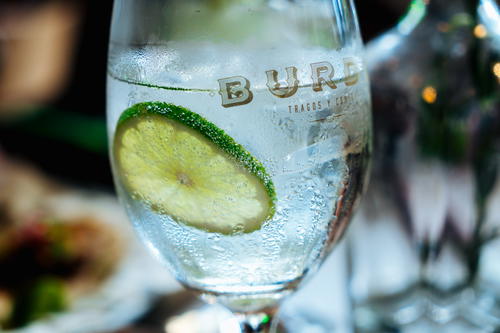
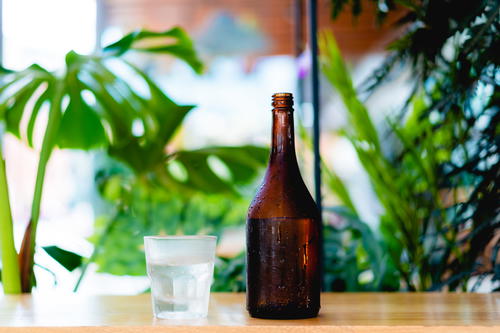
Research the tap water situation
So many travelers fall ill due to bad tap water during their travels, and it’s something that you can put in your control. The time I got sick in Laos was from bravely trying a mint smoothie from a street vendor, and that’s basically where things went downhill.
For drinking, always do your research online and ask around about the safety of tap water where you’ll be going. I got so accustomed to NOT being able to drink the tap water during my two years in East Asia, that when I went to Israel shortly after, I was baffled that the tap water was fine for drinking.
Throughout our travels anywhere outside of the US, Canada and Europe, we only drank filtered or purified water safe for drinking. Often, this is the type of potable water you’ll find in big blue jugs, plastic bottles from supermarkets or convenience stores, or filters in private homes.
You can also find out if you can drink water once it’s boiled. Some nights in my apartment in Shanghai, I’d boil tap water to make my own tea, and I did this in South America, too.
The best thing to do, in order to avoid getting sick from water sources, is to double-check with locals or with health resources. When in doubt, drink water from a packaged bottle, and of course, travel with your own reusable water bottle (I just got the Ocean Bottle) for refills.
Take probiotics
Probiotics are a trusted method of having a healthy gut while you’re on the road! You can start taking probiotics one week before a trip, to get the gut-healthy cells into your system. When you travel, keep up with the same gut health routine and you may be able to avoid (or have less intense) traveler’s diarrhea if you have a bout with some bad food.
Bring Echinacea and Airborne
My very well-traveled friend Danielle recommends bringing echinacea and Airborne with you when you go on vacation. Echinacea is known for boosting immune system function and it’s a dietary supplement that I’ve taken when I have a cold. By strengthening immunity, echinacea is considered a way to assist in fighting off sicknesses caused by viruses or bacteria.
So, what’s Airborne? I feel like I always heard friends talking about Airborne if flu season was coming. Travelers use Airborne to get Vitamin C (even if it is marketed with the general slogan of “helping the immune system”). Vitamin C has benefits of immune support, no doubt.
Airborne’s other components are vitamins and minerals, as well as antioxidants, and Vitamin E, for fighting off “free radicals.” You can determine if Airborne is something you want to take while you travel.
Get the correct vaccinations
As a disclaimer, Half Half Travel is NOT a health and vaccine blog, so the following suggestions of mine are purely recommendations and ideas.
My friend Danielle, who has been to a giant list of different countries all around the world, says travelers should, “Check vaccine requirements and suggestions on the CDC website.” And I agree!
The biggest cocktail of vaccines I got was in preparation for my trip to India. I remember getting shots for Typhoid, Hepatitis A, a Tetanus booster shot and maybe even Rabies. For going to Bolivia the year prior, I got my Yellow Fever vaccine, and made sure to keep the original card in my passport case in case I got asked for it at border crossings during a trip in Africa.
While I cannot make direct recommendations of vaccines you need, I urge you to check the CDC website, which can help with suggested (or required) vaccines for various parts of the world, as well as healthy practices and advice for travelers. There’s also a destination list.
Bring along a first aid kit
For me, as an experienced traveler, it’s super important to have some Band-Aids handy, as well as some painkillers or antihistamines.
I recommend this hiker’s first aid kit in my list of the best accessories for backpackers. For things like cuts and burns, if you’re camping or hiking, you’ll have to treat wounds on your own to avoid infections. I’m sure there are resources about that online if you need some tips!
Below, I’m recommending a general first aid kit with wound dressings, painkillers, alcohol prep pads, gauze, burn relief, sting relief and more.
Get enough sleep
Everyone knows that a tired body is a body that may be on the verge of becoming sick. In fact, I have, on occasion, been so exhausted I was nearly sure I was about to run a fever and be under the weather.
To stay in your best health condition and to keep your immunity up during travel, get a full night of sleep! I wrote a whole range of my suggestions for sleeping plenty during a trip. You can see it at this list of the best tips for sleeping better during travel.
Drink the wine and coffee!
In so many parts of the world (Argentina and South Africa, as examples), the wine is going to be “healthier” than most local source of drinking water (save for packaged plastic bottles of it).
I’m not one to recommend drinking, but sites like WineSpectator.com quote research that recommends having a glass of wine with dinner to kill potential pathogens in food. I’ll quote the article directly in that, “Alcohol’s high acidity makes it easier for the stomach’s natural acidity to kill pathogens.”
This is helpful in developing nations where sanitation in kitchens is at a level lower than your home kitchen, which is probably sterile in comparison.
Having coffee abroad, especially in places where coffee is fantastic (Vietnam, Colombia, Costa Rica, Panama and Mexico, just to name a few!) will ensure that the water used is properly boiled. I often consider coffee a safe drink to have, in order to minimize your risk of water contamination.
Come with refills of your required medicines
One thing to remember is that shipping prescription medicine across the world or into another country may cause local customs authorities to hold on that type of mail for a while. I knew someone living in China who needed his prescriptions and it was quite the project to get those to him over there.
If you can swing it, come with refills and extras of your prescription medications and needs, in case some go missing during transport. Or, come prepared with a doctor’s note that names your exact medicines in an easy-to-read international format so that they can be fulfilled by a local pharmacy.
You’ll also find that outside the US, medicines and typical remedies at pharmacies might be infinitely cheaper than the prices you’ll find at home. While traveling out of the country, I find it helpful to stock up on basic remedies and medicines that are outrageously priced at home!
Try local treatments
There will be lots of local traditions you can try when you travel. They may be ones that haven’t “hit the trends” yet in our home countries. The best cures for illnesses may be coca tea for altitude sickness in the Andes of South America, superfood herbs like moringa in some parts of the world and East Asian medicine in China.
When I lived in China, at the mere first symptom of catching a cold, all my Chinese coworkers suggested drinking hot water (开水 kai shui) to ward off getting sick. I’m not sure if it worked, but everyone would do it, and I learned to enjoy the taste of hot water anyway!
I also learned more about Chinese and Eastern medicine as time went on, during my years living in Asia. There were precautions for pregnancy, menstruation and even the “yin and yang” of foods. For example, if my coworkers saw me eating too much long’an fruit (similar to lychee), they would gasp and say it was bad for my balance of “hot and cold.”
I haven’t erased this from memory, and I keep it in mind still today!
Know where to find a doctor
The times I’ve gotten really sick while traveling, I’ve sought medical help. In Costa Rica, while traveling solo, I cut a habanero pepper without wearing a glove (and wound up with a whole-hand burn).
My hostel was able to find me a pharmacy open at that hour when there was a doctor on site to give me a shot of cortisol.
In Shanghai when I got violent food poisoning, a friend helped me into a taxi to get to the Western hospital where I spent two days hooked up to an IV being nursed back to health. In Mexico City when I discovered a weird bump on my hip (that turned out to be a bruise, most likely), I got a referral from a local Mexican friend for her family’s trusted physician.
When you travel to a new place, I recommend either having a way to look up a doctor or hospital quickly, or come armed with a referral or a medical hotline number. Usually, the front desk at a hotel or resort will know how to direct you toward medical help immediately, should you be in a bind.
✈️ Did our travel tips help?
We share honest, experience-backed advice to help you with smoother trips. If our suggestions saved you time or stress, treating us to a coffee lets us keep researching the next post.
Fuel more travel adviceYou may also like
-
![A lunch box filled with vegetables and a fork.]()
35+ Vegetarian (and Vegan) Snack Ideas for Travel and Road Trips
Here are our proven best ways to save money while traveling. When traveling on a budget, there are lots of ways to make your money last longer, even during inflation.
-
![A laptop on a table next to a laptop bag.]()
Is TSA PreCheck Worth It? (Yes, and Here’s Why)
Is it worth it to get TSA PreCheck for an upcoming trip? We talk about our personal experience with having TSA PreCheck and why it’s been valuable for our travel.
-
![]()
16 Smart Tips: How to Pack Light Traveling with a Baby or Toddler
Prep like a minimalist and pack light for your travel with a baby or a toddler. In this list, learn expert tips for eliminating bulk and excess when you pack the family bags for vacation.
-
![]()
How to Travel for Super Cheap If You Have No Money (Helpful Ideas)
There are lots of fun ways to take a trip if you are broke. Check out some ideas in this guide to traveling when you have no money, as cheap as possible.
-
![A tin can with a map on it next to a window.]()
73 Best Apps and Websites for Every Explorer
Here are some new ideas for the best and most useful websites, apps, tools and services that make your life easier during travel. Our top travel apps are subscriptions, free services and crowd-sourced data apps that provide cool travel hacks.
-
![]()
How to Get Global Entry for Your Child: Guide for Parents
Figuring out if your baby or child needs Global Entry? Here are my top tips for getting Global Entry for a kid or minor, from how to apply to what to expect.
